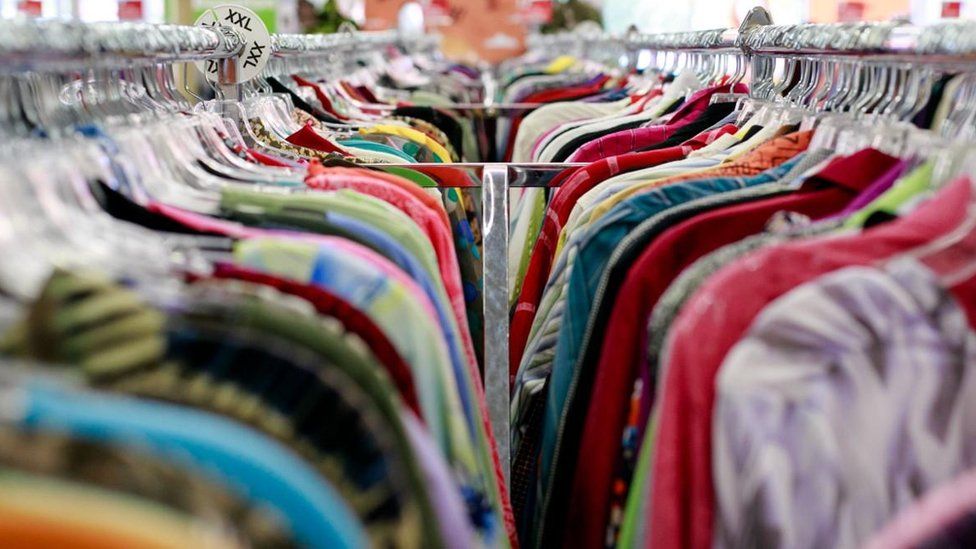European Union: Europe is planning a crackdown on fast fashion

Fast fashion is being targeted in Europe, with proposals to make clothing made and worn there more durable, reusable, repairable, and recyclable.
The strategy for sustainable textiles, which will be unveiled on Wednesday, will focus on clothing at every stage of its life cycle, including design, repair, and recycling. The initiative aims to increase demand for garments that are made in a sustainable manner.
Manufacturers will have to ensure that their clothes are both environmentally friendly and durable. Furthermore, consumers will be provided with more information on how to reuse, repair, and recycle their clothing.
The European Commission’s rules, according to Iona Popescu of the Environmental Coalition on Standards, are designed to bring in longer-lasting products that can be worn multiple times rather than worn once and thrown away. “By introducing rules on textiles to be used in the European market, the Commission hopes to put a stop to fast fashion,” she said.
Under an initiative known as the Sustainable Products Initiative (SPI), similar rules will apply to electronics such as smartphones and furniture, she added. Only about 1% of all clothing is recycled globally, according to estimates.
According to the European Environment Agency, clothing has the fourth highest environmental and climate impact in Europe, trailing only food, housing, and transportation. Textile consumption requires 9 cubic metres of water, 400 square metres of land, 391 kilogrammes of raw materials, and a carbon footprint of about 270 kilogrammes per person in the EU. Politicians in the United Kingdom have urged the government to change the law to require fashion retailers to adhere to environmental regulations.
In 2019, the government rejected the majority of the Environmental Audit Committee’s recommendations, including making clothing manufacturers pay for better clothing collection and recycling, but it has prioritised textile waste.
According to Tamara Cincik of Fashion Roundtable, a think tank for the fashion industry, the textiles strategy could set the tone for future legislation outside of the EU. “If brand expectations in the UK differ from those in the EU, this should encourage stronger expectations of future UK legislation,” she said.
“This is why it is critical for both UK brands and the government to be aware of this strategy, as the EU remains our largest and, in many ways, closest trading partner in the textiles and fashion industries.”
Picture Courtesy: Google/images are subject to copyright
